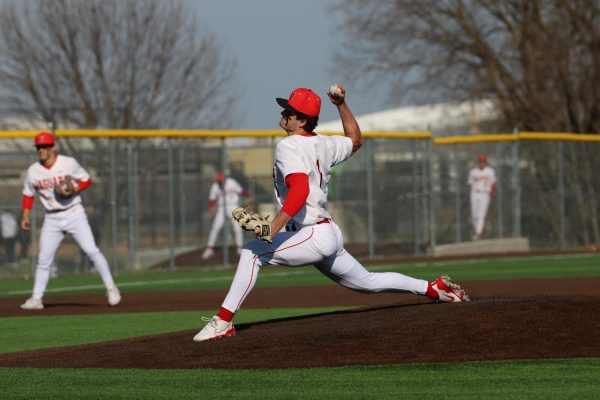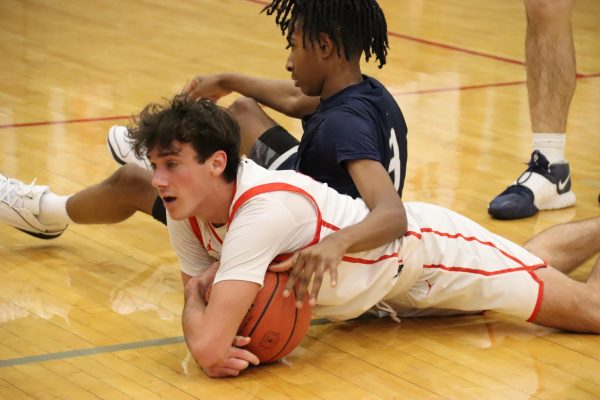Phix-ing the Vape Problem
Vaping has quickly risen to popularity among high school and middle school students in the past decade. Although its long-term health effects are still unknown, it is legal to sell various types of e-cigarettes to those over 21 and is legal to own an e-cigarette at 18. The student resource officers (SROs) at BV West are doing their best to suppress the problem, but have only caught a few of the offenders.
“There’s multiple reasons why it’s a problem,” SRO Jeffery Magee said. “First of all, it’s illegal for a student, because they’re underage. Second, the school’s regulations say you can’t have tobacco products including e-cigarettes on school grounds. More importantly, it’s bad for your health.”
Because e-cigarettes were publicly introduced relatively recently, the exact health effects of vaping are ambiguous. However, some vape flavoring contains chemical diacetyl, a chemical known to cause “Popcorn Lung” according to the American Lung Association. Popcorn Lung is a serious disease, scarring the lungs’s air sacs, causing the airways to narrow. A Harvard study found that 39 of 51 e-cigarette brands contain diacetyl.
“The stuff that’s in this vape juice, nobody knows what’s in it when they buy it,” SRO Brandon Faber said. “They’re not regulated by the USDA, FDA, not inspected by anyone. You could be sucking chemicals into your body that are dangerous.”
Because of the risks of using e-cigarettes, the SROs intend to stop the school-wide problem with the help of the administration.
“There’s more doing it [vaping] than we’ve caught,” Magee said. “The future is between the administration and the law enforcement in my opinion. The more we find people and enforce the rules within our boundaries, people will hopefully realize that it’s not a wise choice and that the consequences aren’t worth it.”
They believe students have a responsibility to stop the problem as well. To stop a school-wide problem, a school-wide effort is required. Instead of accepting vaping as a norm, Magee acknowledges how the collectiveness of the BV West students can enact change.
“The school is like your own little city,” Magee said. “You guys, the citizens, this is your place. So the more the students allow this to be acceptable, the worse it’s gonna get. If the students start saying ‘you know what we don’t want that crap in our school,’ then things will probably change.”
While the SROs have a firm position on the issue, some students are also standing their ground in opposition to keep vaping. Although there are harmful risks these students still find reason enough to continue their habit.
“It [vaping] is convenient, low key and perceived safer and more acceptable than cigarettes,” an anonymous student said.
Because vapes are compact, they are easy to conceal. Students are able to vape anywhere if they can conceal themselves while doing it. E-cigarettes are also making their debut within BV West. Students have popularized the idea that high nicotine intake is prestigious because, according to the student, “it’s harder to handle.”
“Phixes and Juules act more like a cigarette would and contain more nicotine, while vapes are more fun to smoke and cheaper to maintain,” the student explained.
Although many students understand the risks of vaping, some do not feel the need to stop because they are simply not addicted to it.
“I stopped vaping regularly and I feel fine,” the student said.
Psychology teacher, Kevin Bandy, disagrees.
“Addiction usually takes place at a young age.” Bandy said. “When the brain is still developing it can be very vulnerable to stimulants like nicotine.”
Concluding that although students may not feel a dependence on nicotine as of now, they may form one over time.
On the note of reporting school vapers or distributors, this student made it very clear.
“No comment, no snitching.”












